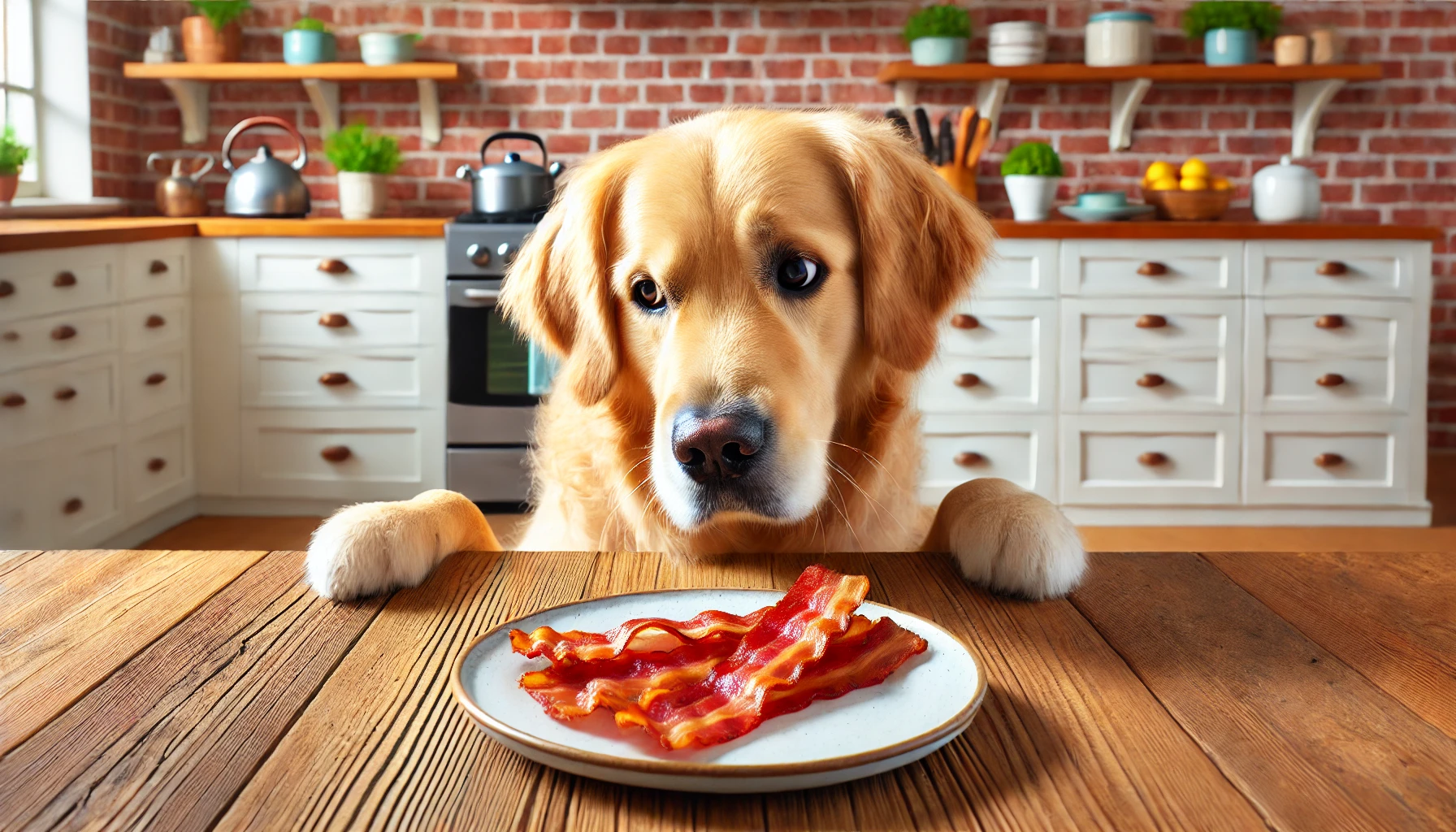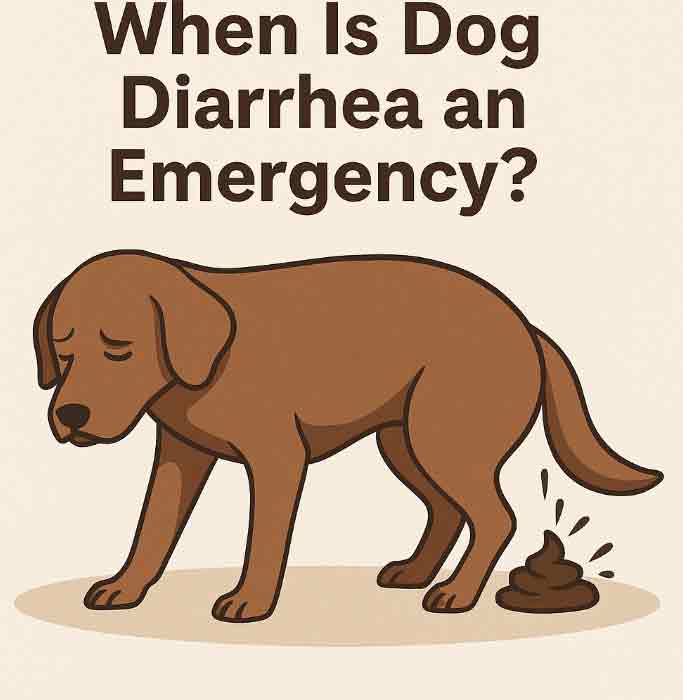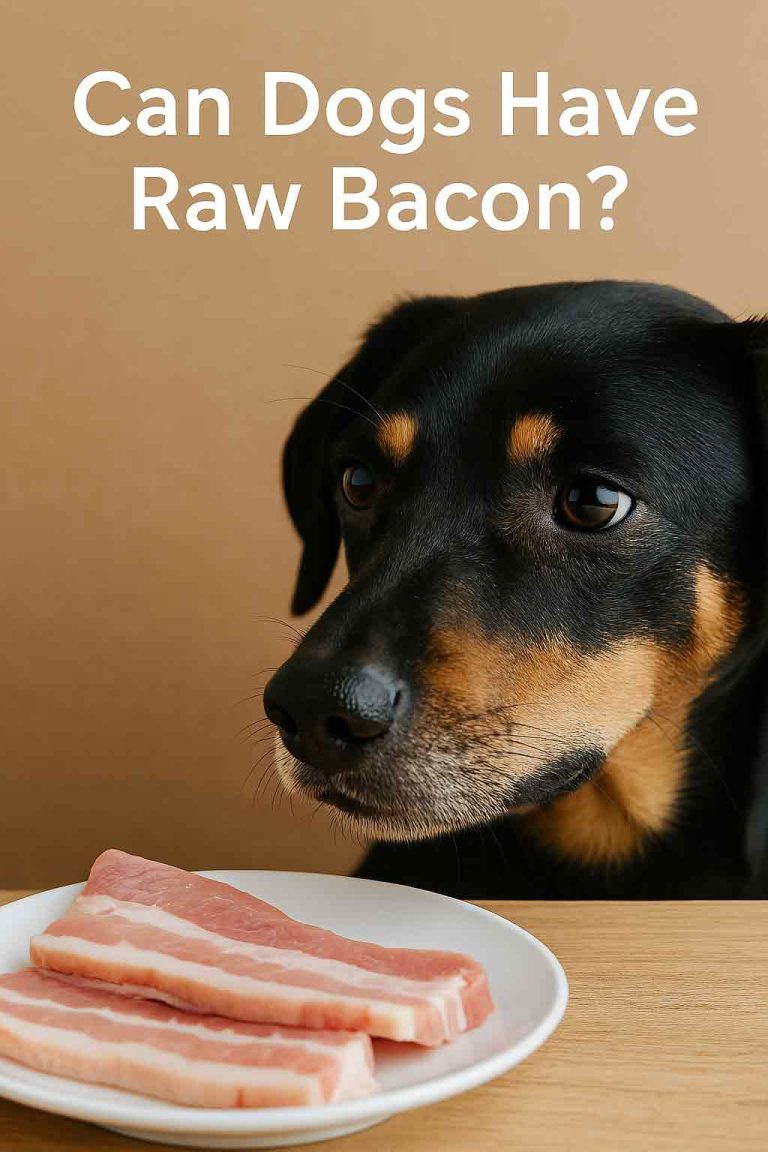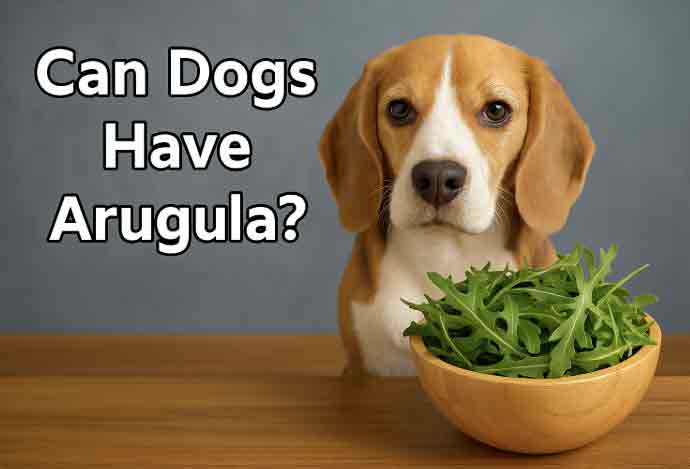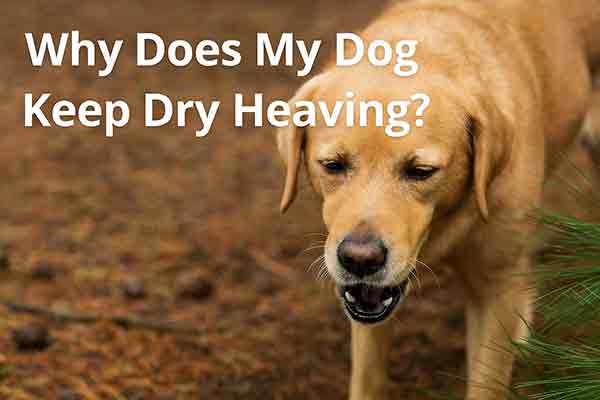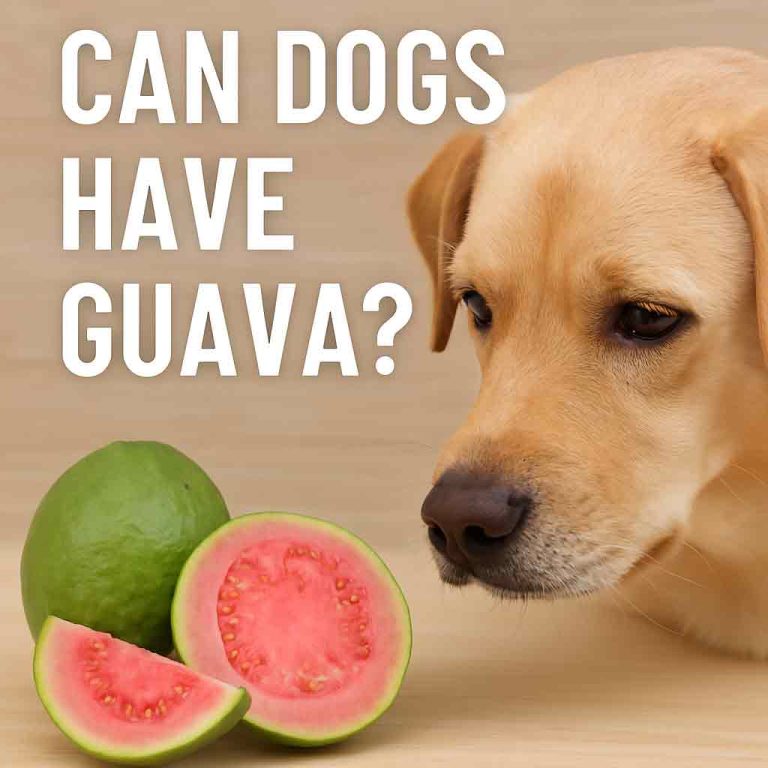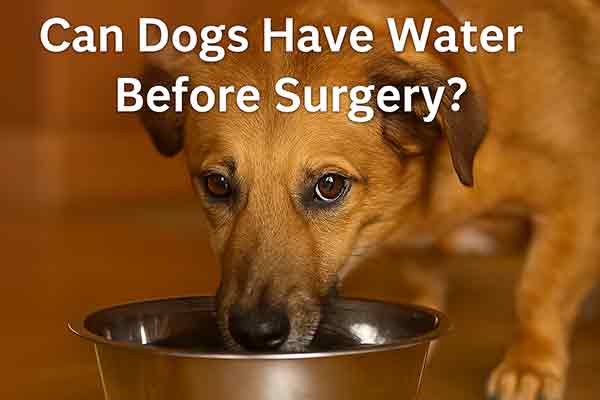Can Dogs Have Bacon? A Complete Guide for Pet Owners
Bacon is a popular breakfast staple loved by many, but as a responsible pet owner, you might be wondering: Can dogs eat bacon? While it may be tempting to share a strip of crispy bacon with your furry friend, there are several factors to consider before making it a treat. In this comprehensive guide, we will explore whether bacon is safe for dogs, its potential health risks, and some healthier alternatives for your pet.
Is Bacon Safe for Dogs?
The short answer is no, bacon is not an ideal treat for dogs. While a small piece of cooked bacon might not immediately harm your pup, regular consumption can lead to serious health issues due to its high fat, salt, and preservative content.
Bacon is processed meat that contains high levels of sodium and saturated fats. These ingredients are not suitable for a dog’s diet and can contribute to weight gain, pancreatitis, and other digestive problems.
Potential Health Risks of Feeding Bacon to Dogs
1. High Fat Content and Pancreatitis Risk
Bacon is rich in saturated fats, which can be difficult for dogs to digest. Consuming too much fat can lead to pancreatitis, a serious condition that causes inflammation of the pancreas. Symptoms of pancreatitis include:
-
Vomiting
-
Diarrhea
-
Lethargy
-
Abdominal pain
-
Loss of appetite
Certain breeds, such as Schnauzers and Yorkshire Terriers, are more prone to developing pancreatitis, so bacon is particularly dangerous for them.
2. Excessive Sodium and Dehydration
Bacon is extremely high in salt, which can lead to dehydration and excessive thirst. In extreme cases, consuming too much sodium can result in salt poisoning, which presents symptoms like:
-
Vomiting
-
Tremors
-
Seizures
-
Increased heart rate
-
Loss of coordination
Dogs require much less sodium than humans, so even a small amount of bacon can cause an imbalance in their system.
3. Risk of Obesity and Heart Disease
A dog’s daily calorie intake should come from a balanced diet with appropriate proteins, fats, and carbohydrates. Bacon contains empty calories with little nutritional value for dogs. Regular consumption can contribute to:
-
Obesity – Excess weight leads to joint issues and mobility problems.
-
Heart disease – High-fat foods can cause heart problems and high blood pressure.
-
Diabetes – Processed meats increase the risk of insulin resistance in dogs.
4. Harmful Preservatives and Additives
Bacon often contains preservatives like nitrates and nitrites, which can be harmful to dogs. These chemicals have been linked to cancer and other long-term health problems in both humans and animals.
5. Choking Hazard and Digestive Issues
Cooked bacon tends to be greasy and brittle, which can cause digestive discomfort or even pose a choking hazard, especially for small dogs. Greasy foods can also cause upset stomachs and diarrhea.
What to Do If Your Dog Eats Bacon?
If your dog accidentally consumes a small piece of bacon, there is no need to panic. Monitor your pet for any digestive issues like vomiting or diarrhea. Ensure they have plenty of water to prevent dehydration.
However, if your dog consumes a large amount of bacon, watch for symptoms of pancreatitis or salt poisoning and contact your veterinarian immediately.
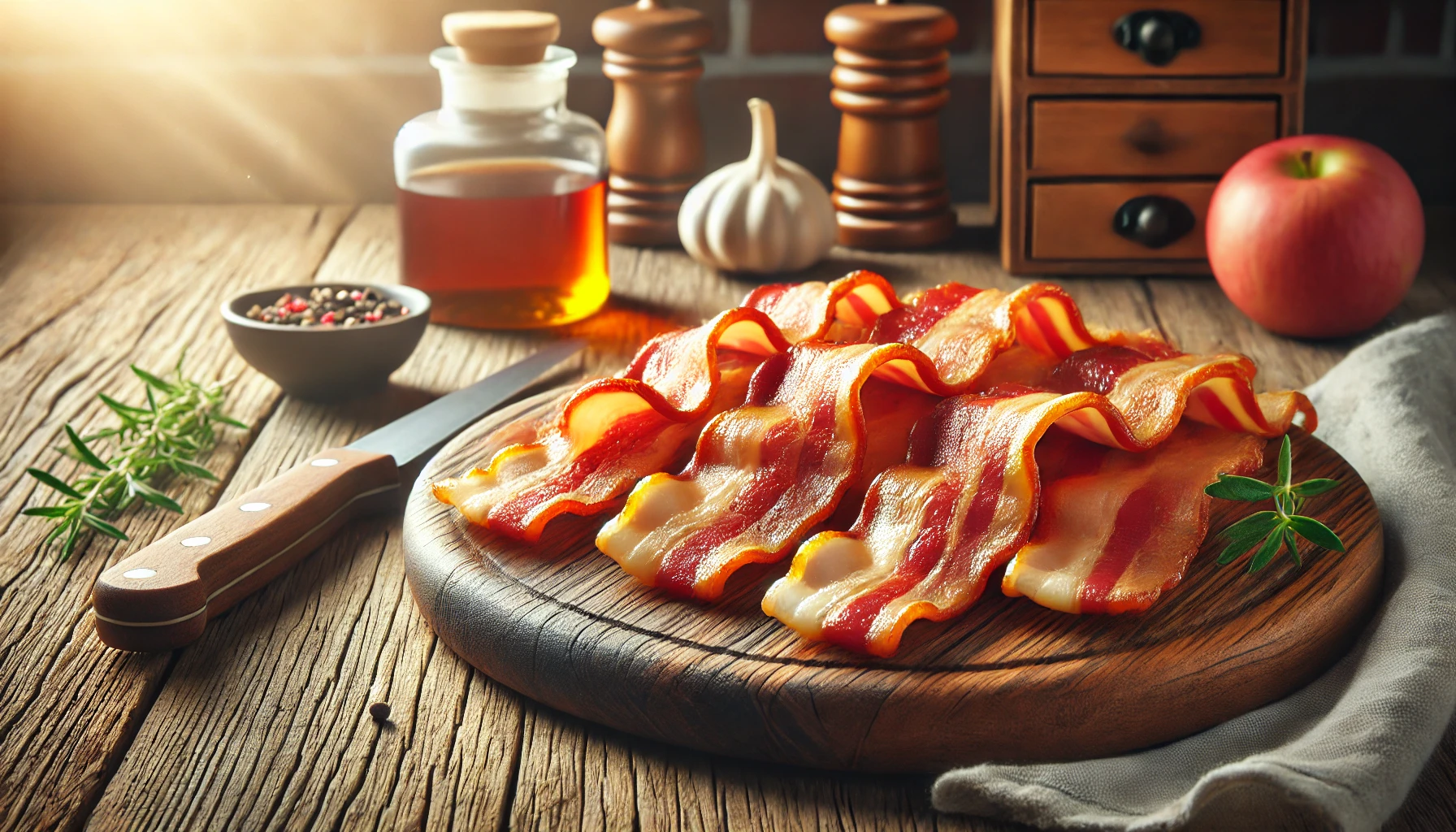
Healthy Alternatives to Bacon for Dogs
If you want to give your dog a tasty treat without the risks associated with bacon, consider these safer alternatives:
1. Lean Cooked Meats
-
Boiled chicken – Low in fat and easy to digest.
-
Turkey – A great source of protein without the high salt content of bacon.
-
Lean beef – Can be fed in moderation, as long as it’s unseasoned.
2. Fruits and Vegetables
-
Carrots – Crunchy, low in calories, and great for dental health.
-
Apples (without seeds) – A natural sweet treat rich in fiber.
-
Blueberries – Packed with antioxidants and vitamins.
3. Dog-Safe Treats
-
Commercially available dog treats – Made with natural ingredients and designed specifically for canine consumption.
-
Homemade treats – Baked treats using oat flour, peanut butter, and pumpkin can be a healthier option.
FAQs About Dogs and Bacon
1. Can Dogs Eat Raw Bacon?
No, dogs should never eat raw bacon. It contains harmful bacteria and parasites that could cause food poisoning. Raw pork also carries the risk of trichinosis, a parasitic infection that affects dogs and humans.
2. Can Dogs Eat Turkey Bacon?
Turkey bacon is slightly lower in fat than traditional bacon but still contains high amounts of salt and preservatives. If you must give your dog turkey bacon, only offer a tiny piece occasionally.
3. What About Bacon-Flavored Dog Treats?
Bacon-flavored dog treats are formulated to be safe for dogs, but they may still contain artificial flavors and additives. Always check ingredient lists and choose natural, minimally processed treats.
4. Can Dogs Eat Bacon Grease?
No, bacon grease is extremely unhealthy for dogs. It is pure fat, which can lead to obesity, pancreatitis, and digestive upset. Never pour bacon grease over your dog’s food.
5. What Meat is Best for Dogs?
For a healthy and balanced diet, stick to lean meats such as:
-
Boiled chicken (no seasoning)
-
Lean beef
-
Turkey
-
Salmon (cooked and boneless)
Final Verdict: Should Dogs Eat Bacon?
While bacon is not toxic to dogs, it is not a recommended treat due to its high fat, salt, and preservative content. Feeding bacon to your dog regularly can lead to health problems such as pancreatitis, obesity, and heart disease.
Instead, opt for healthier treats that provide nutritional benefits without the risks. Your dog’s diet should focus on high-quality protein, fresh vegetables, and dog-friendly treats that support their overall well-being.
So, next time your dog gives you those puppy eyes while you’re enjoying your bacon breakfast, consider offering a safer and healthier alternative instead!
Key Takeaways





By keeping your dog’s diet nutritionally balanced, you can ensure they stay happy, healthy, and full of energy for years to come!

